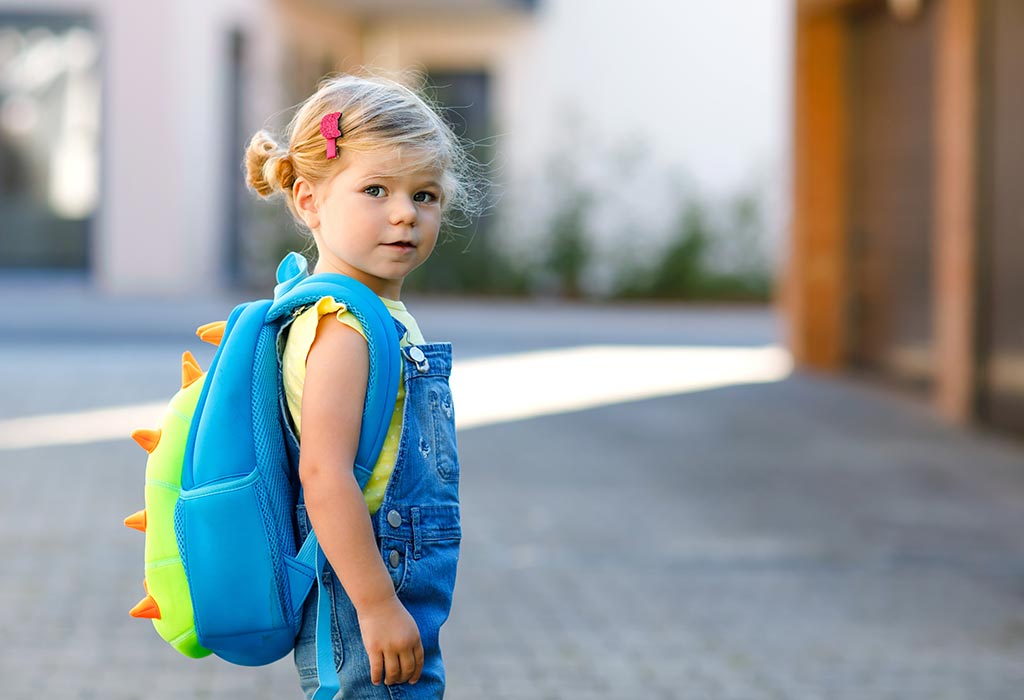
As a parent one of the most important milestones in your child’s early years is their transition to preschool. Preschool is an excellent place for your children as they can learn and make new friends. It’s a time that is filled with excitement. But often this transition can bring up certain questions and concerns.
Here is a preschool readiness checklist which can either help you to ease in the process of this new adventure or help you understand how ready your child is to step into this adventurous educational journey.
The Emotional and Social Skills:
It is very important to understand that preschool is not just about gaining knowledge. It is also a place where your child gets to develop his or her social and emotional skills. So before you enroll your child on a preschool make sure you check if your child exhibits the following characteristics:
Listening and following directions: Is your child able to pay attention and follow basic instructions from the teachers or the one who is taking care of him/her?
Separation Anxiety: Is your child comfortable enough to spend a few hours away from you or do they cry or get stressed when separated?
Sharing: Is your child normally open to sharing their toys or other things with their peers or people in a group setting?
Expressing emotions: Is your child able to communicate how they are feeling, like when they are sad or happy?
The Communication Skills:
It is crucial that your child is developing age-appropriate communication skills as effective communication is very important to be ready for preschool. Make sure you consider the following:
Listening: Is your child able to listen actively when spoken to or is actively responding to questions?
Vocabulary: Expanding vocabulary is important, therefore it is necessary to check if your child is using sentences and expressing themselves clearly.
Attention Span:
A preschool often involves lessons and activities that are structured in nature. So making sure that your child is able to maintain their attention for short periods is an important factor to have a successful participation in preschool.
The Socialization Opportunities:
Before you enroll your child in a preschool, it is important to consider all the previous socialization experiences they had. Have they had the chance to interact with other children in playgroups or other social settings?
Giving exposure to social situations can help in easing the transition into a school environment which is structured.
Involvement of Parents:
This may not be a factor that falls under the preschool readiness checklist but it is important for every parent to be ready to support and engage in the experience of their child’s preschool. Be prepared to attend meetings, participate in school activities, and support your child’s learning at home.
To conclude, if you want to ensure a smooth transition it is important to assess your child’s readiness for preschool. While no child can be expected to meet every criteria that is mentioned above, these guidelines can help you criterion your child’s preparedness for preschool.
Consulting a teacher or a child development specialist for guidance would be a great idea if you have concerns. It is important to remember that the development of a child is different for every kid and it is not solely based on age but on a combination of social, emotional, cognitive, and physical factors.
And by evaluating your child’s readiness and offering them the necessary skills and support you can help them prepare for a preschool experience which is enriching and positive.
The author is the Managing Director of Cambridge Montessori Preschool and Daycare.